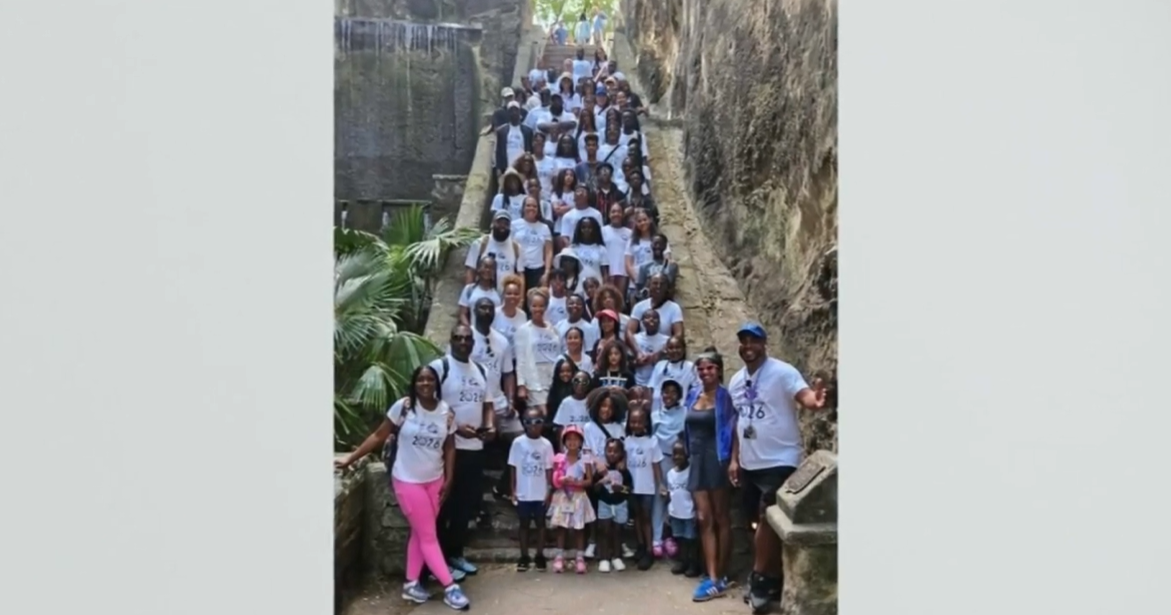Haiti Cholera Strain Traced Back to Asia
PORT-AU-PRINCE, HAITI (CBS4) - The strain of cholera that is devastating parts of Haiti has been traced back to a strain found in South Asia and could have devastating effects in other parts of the world, the Los Angeles Times is reporting.
A study, published in the New England Journal Of Medicine say the hybrid strain, called Vibrio cholerae El Tor, is so strong it has already displaced older strain found in South Asia, and has potential to also become a problem in Latin America.
Latin America suffered through a severe cholera epidemic in 1991. The disease originated in Peru and lasted nearly a decade, according to the U.S. Centers for Disease Control and Prevention.
"It is likely that the Caribbean ecosystem may now be host to a set of genes ... that were previously absent from this region," the published report said. "Clearly, the provision of adequate sanitation and clean water is essential for preventing the further spread of the Haitian cholera epidemic."
"Vaccination would also help to prevent the spread of disease, although cholera vaccines are in short supply," the report concluded.
The CDC reports that the cholera outbreak has killed more than 2,000 people and sickened 91,000 people. It has spread to all regions in Haiti and even neighboring Dominican Republic.
The report was written by 16 scientists and researchers affiliated with Pacific Biosciences, a laboratory in Menlo Park, Calif.; Brigham and Women's Hospital in Boston; Massachusetts General Hospital; the Howard Hughes Medical Institute; Harvard Medical School; and a research foundation in Haiti.
This week, the Associated Press reported that the strain of cholera may have been introduced by a contingent of U.N. peacekeepers sent to Haiti to assist in earthquake relief efforts. The AP cited a report written by a scientist sent by the French government to help in Haiti. The peacekeepers had been in Nepal prior to arriving at the U.N. base in Haiti. Some of the first reported instanced of cholera were from villagers who drank water from a river which was downstream from the U.N. base camp.
Copyright © 2010, Los Angeles Times







